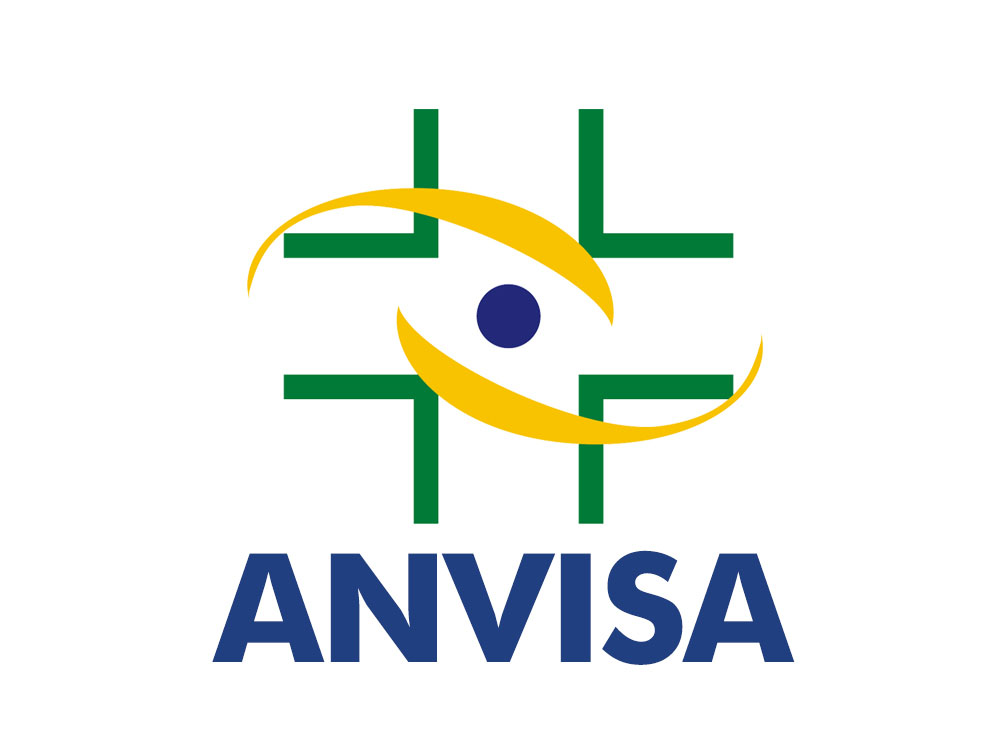BRASILIA, (Reuters) – Brazil’s health regulator Anvisa said yesterday it was open to approving COVID-19 vaccines for emergency use and outlined the requirements for companies looking to do so.
Anvisa said authorizations would be analyzed on a case-by-case basis and that to be considered the vaccine must be in late-stage trials in Brazil. It said no requests had been received so far.
AstraZeneca, Johnson & Johnson, Pfizer and Sinovac currently have vaccines in Phase III trials in Brazil.
The regulator said producers should still seek the usual registrations for their vaccines.
On Tuesday, Brazil’s Health Ministry unveiled a preliminary plan for national immunization, prioritizing indigenous people, health workers and those aged 75 years and older.
The ministry said it has so far guaranteed access to 142.9 million doses of vaccines against COVID-19.
Of those, 100.4 million doses are under an agreement with AstraZeneca, and another 14.5 million through the Covax Facility co-led by the World Health Organization.
Health Minister Eduardo Pazuello told lawmakers yesterday that Brazil would begin receiving about 15 million doses of the AstraZeneca vaccine between January and February, with 100 million doses arriving by the middle of the year.
Separately, in the second half of 2021, state-run biomedical institute Fiocruz is also expected to produce up to 160 million doses of the AstraZeneca vaccine, Pazuello said. On Wednesday, Brazil’s lower house of Congress approved almost 2 billion reais ($383.33 million) in funding for Fiocruz to buy and produce AstraZeneca’s vaccine locally.
In Sao Paulo, Governor Joao Doria has said he hopes to roll out China’s Sinovac vaccine in his state by January even if it is not part of the federal government’s immunization plan.
Doria has said he expects Sao Paulo to receive 46 million doses of the Sinovac vaccine, called CoronaVac, by the end of December and a total of 60 million doses by the end of February.





